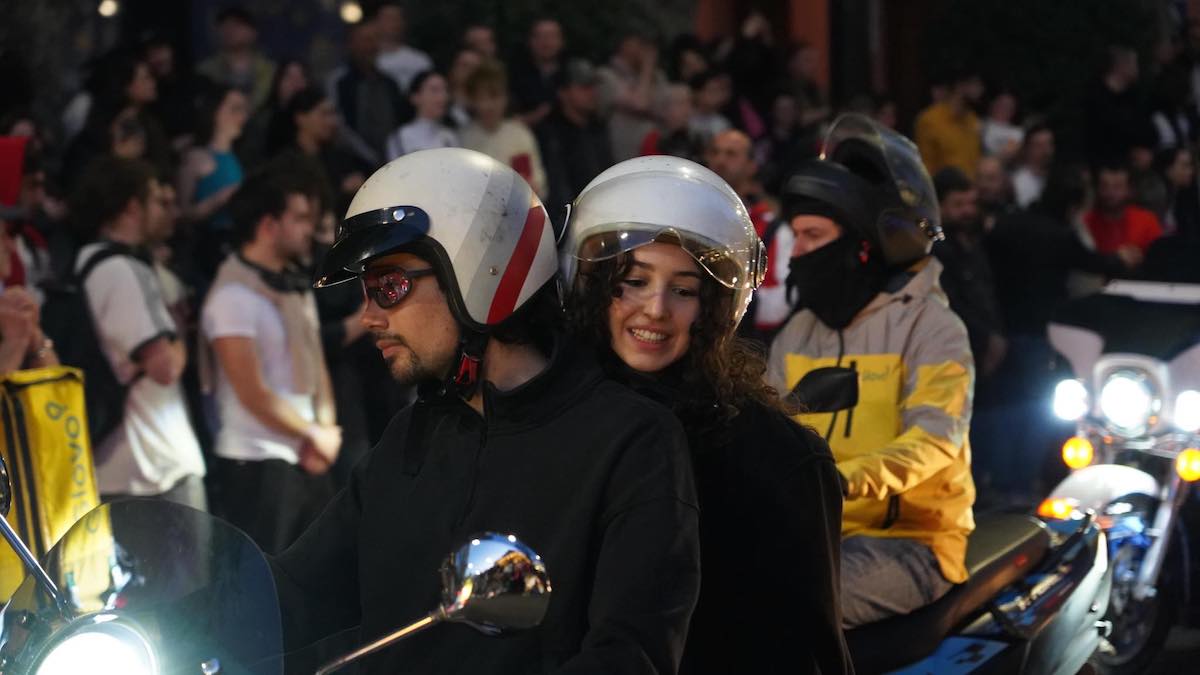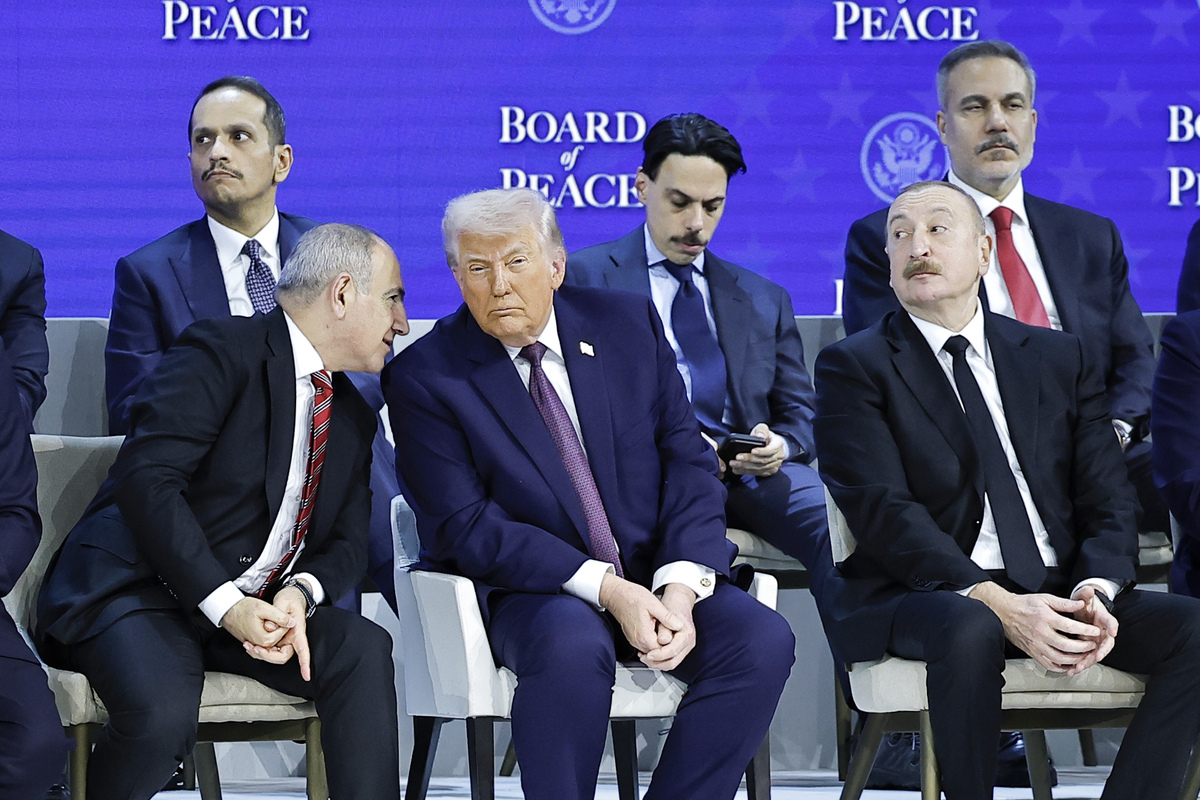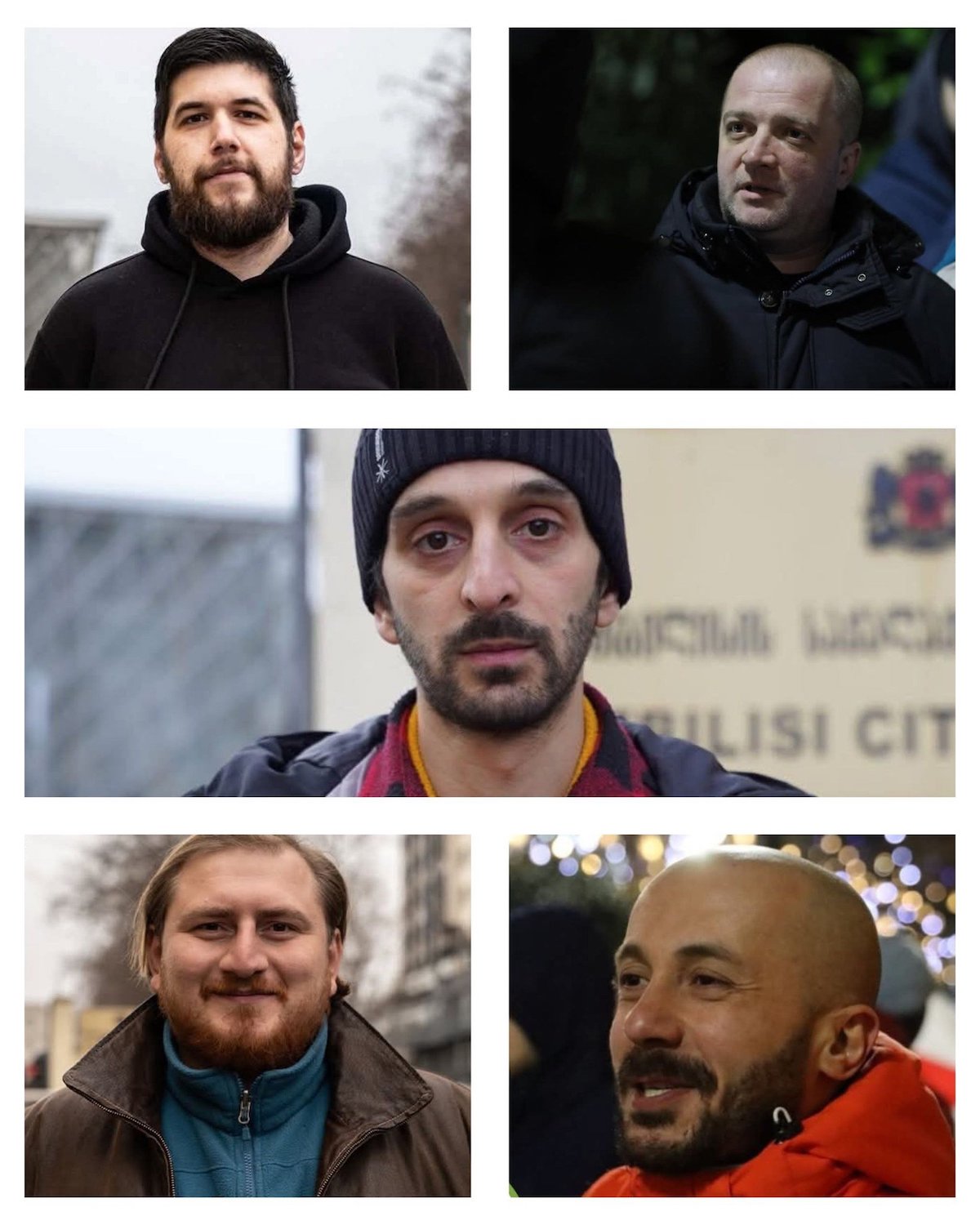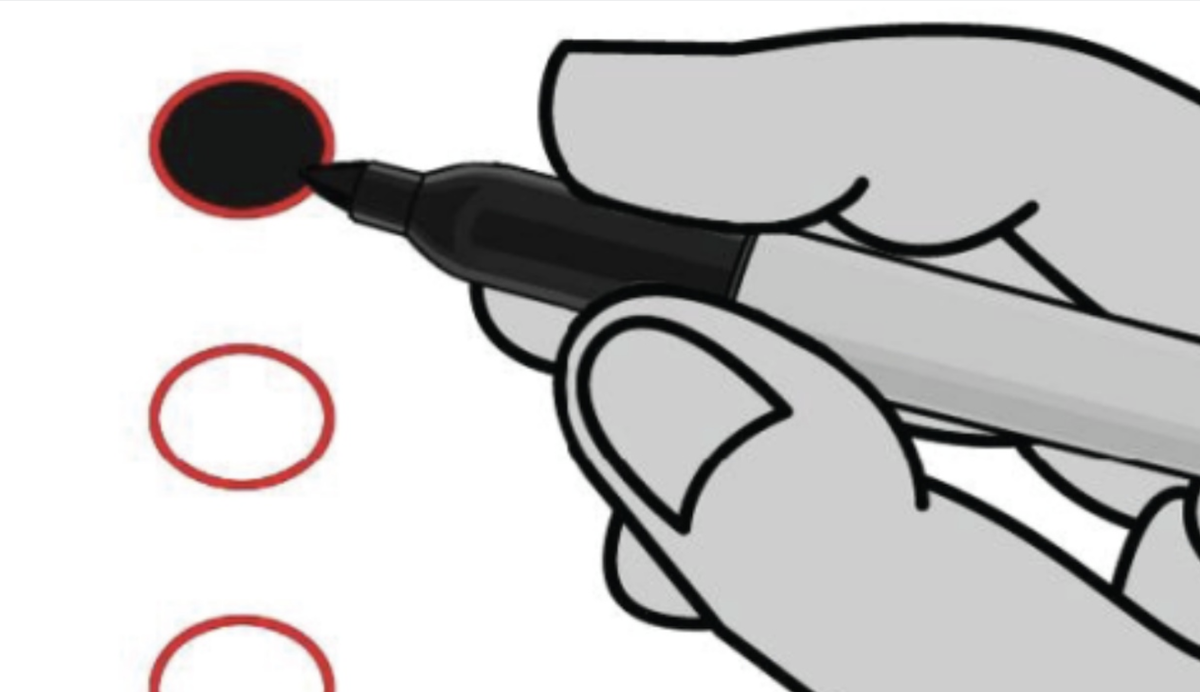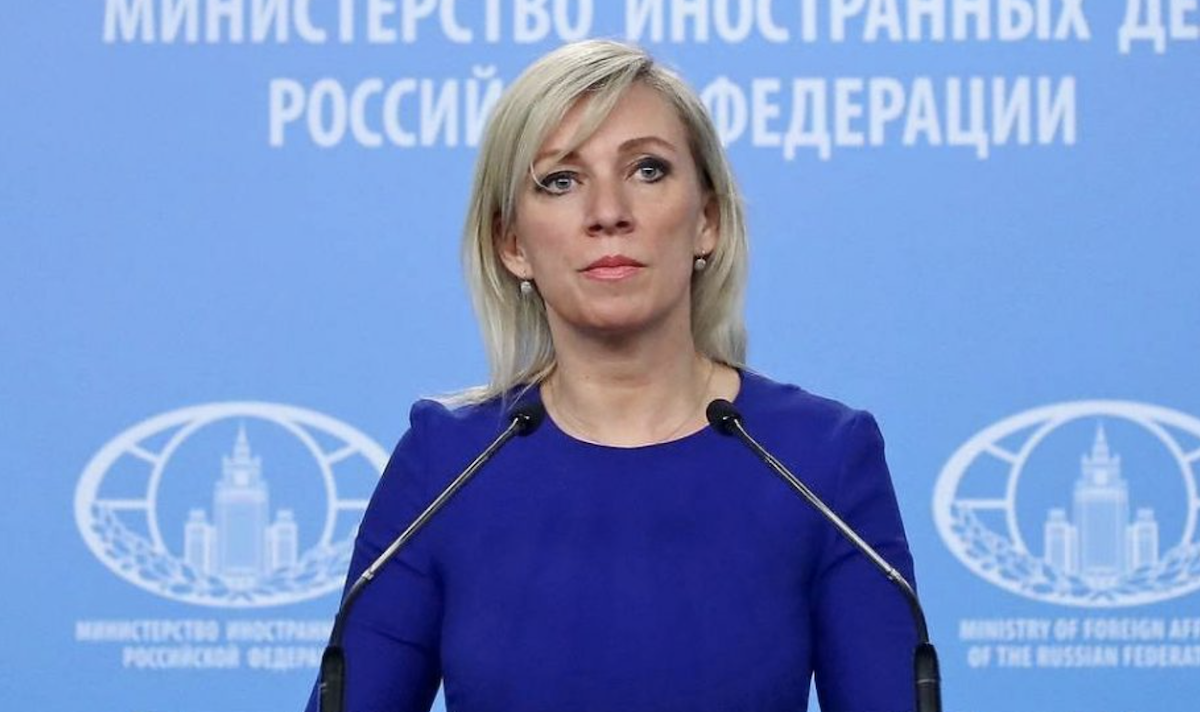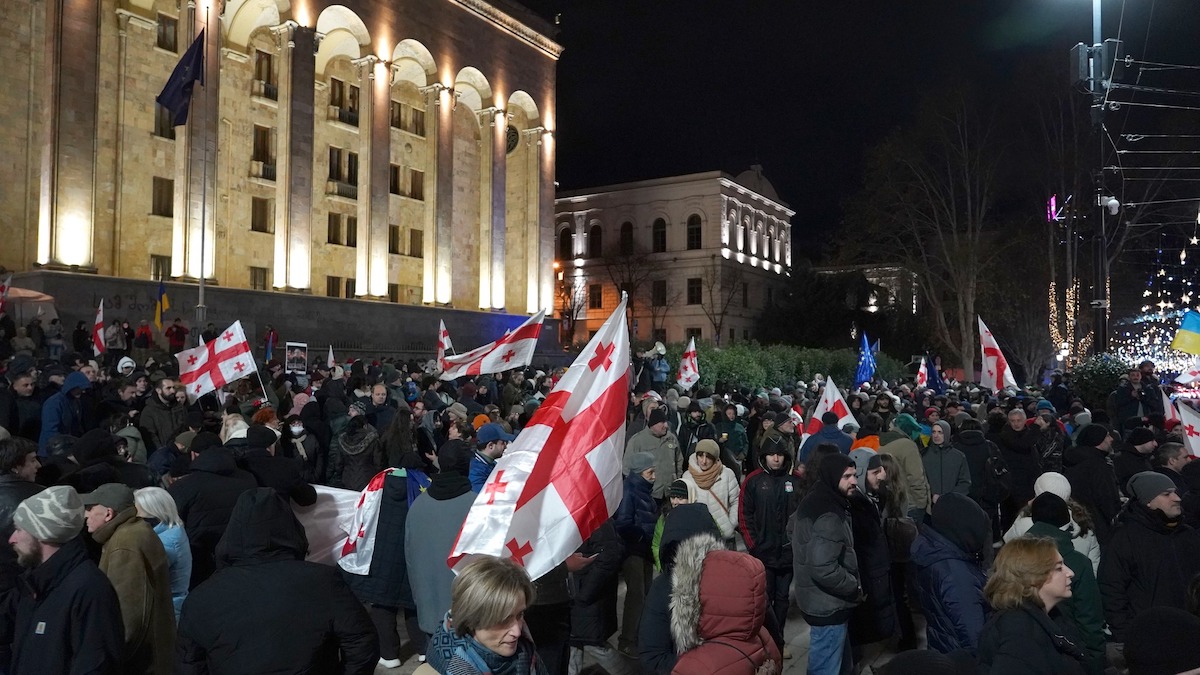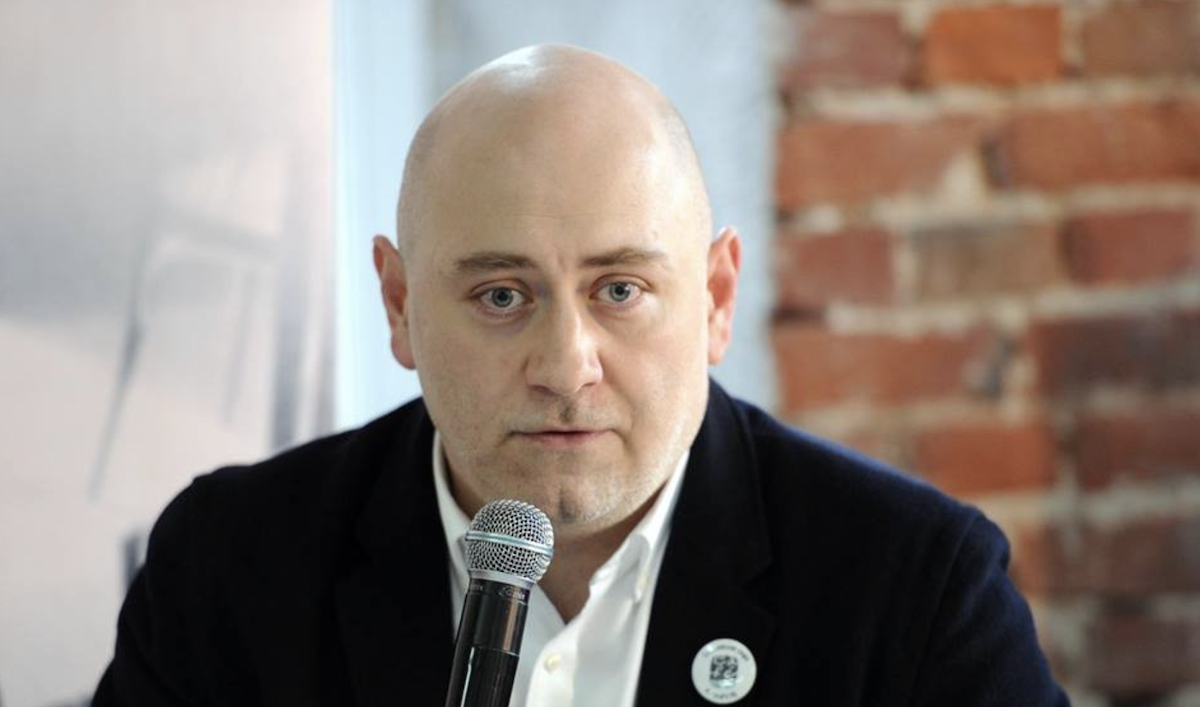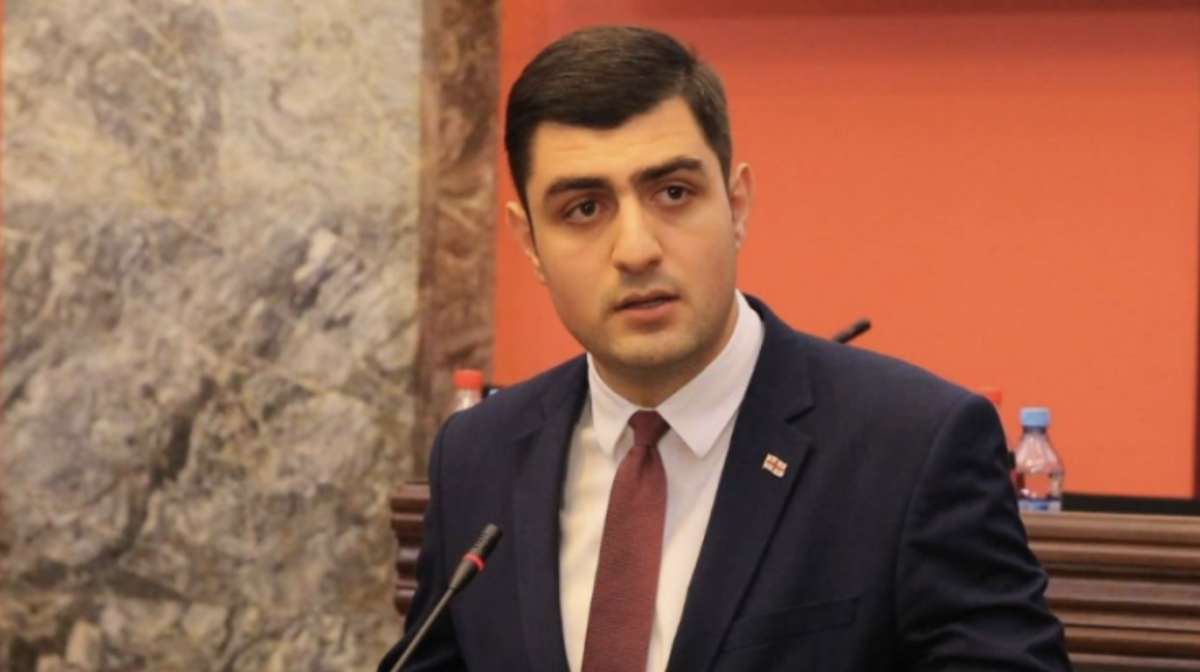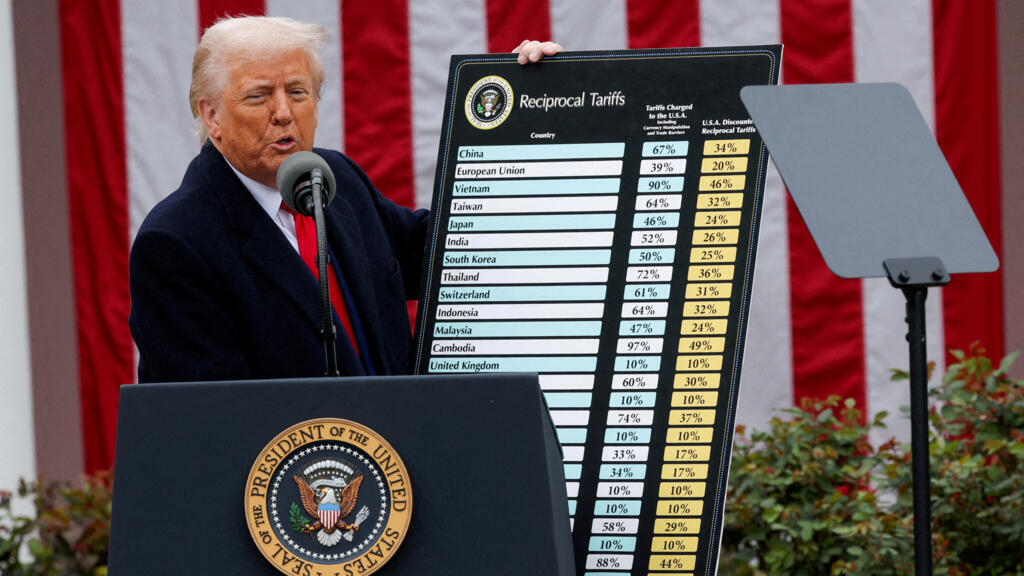Threats, insults, beatings. Why has the ruling party of Georgia declared war on activists? Expert commentary
“Georgian Dream” against activists
A widespread campaign of intimidation has been launched against people actively protesting against the “foreign agents” bill in Georgia. Political figures, activists, and journalists are being attacked and beaten, with offensive graffiti appearing on their cars, homes, and offices. They are also receiving threats via phone calls.
For example, on the morning of May 9th, offensive leaflets such as “Enemies,” “Agents,” and “Sellouts” were hung on the walls of offices belonging to non-governmental organizations and political parties, near the homes of civil activists and journalists who oppose the bill.
During the night of May 8th in Tbilisi, unknown individuals brutally beat three opponents of the bill. Among them was Dimitri Chikovani, a member of the most prominent opposition party, the “United National Movement,” who was attacked near his home. Also, near his home, international relations expert Giorgi Japaridze was assaulted. That same night, biker Lasha Gvinianidze, an active participant in protest biker rallies, was also attacked.
On May 7th, an unknown assailant attacked the Executive Director of the Institute for Development of Freedom of Information (IDFI), Giorgi Kldiashvili, and a filming crew from the “Formula” channel.
On May 5th, a well-known teacher and recipient of the national award, Lado Apkhazava, was assaulted in the hallway of his home.
On May 1st, during a rally, the leader of the “National Movement,” Levan Khabeishvili, was arrested and brutally beaten.
JAMnews asked experts to assess the phase the ruling party, “Georgian Dream,” has entered.
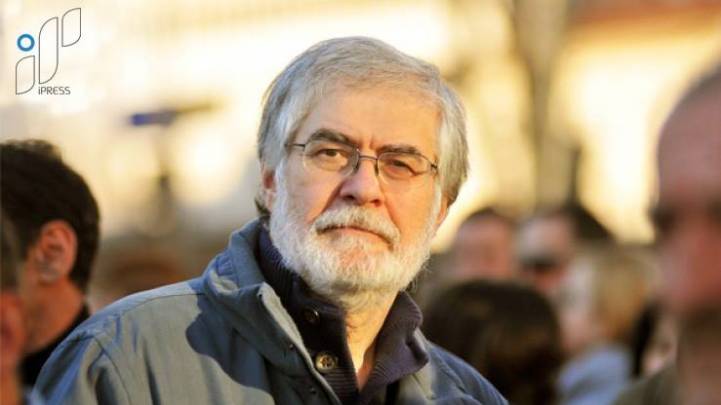
Ghia Nodia, a political analyst:
“The government has escalated terror against its own population to a new level and has abandoned even minimal requirements of legality.
Bidzina Ivanishvili’s (oligarch, founder of “Georgian Dream” – JAMnews) mind is boiling over. Ivanishvili sees conspiracy in everything. He also views protests as a conspiracy and apparently thought that intimidating the organizers (those he perceives as organizers) would quell the wave of protests.
This demonstrates a certain inadequacy and confusion within the government. No one will believe that random people spontaneously gather to beat others. And this will not achieve the goal for which he is doing this.”
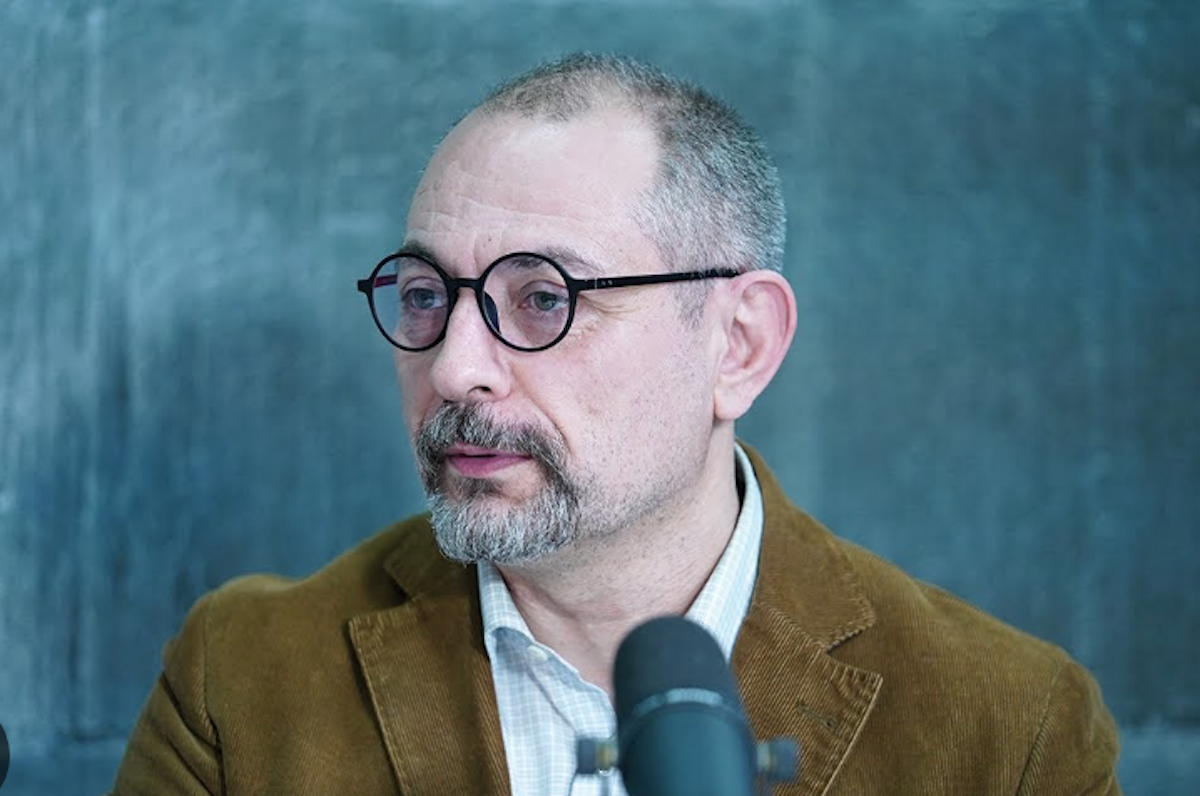
Giorgi Rukhadze, an international relations specialist:
“For a government to maintain its power, it needs both internal and external legitimacy.
“Georgian Dream” is rapidly losing external legitimacy. It has declared Western partners as enemies. We are already receiving responses to this verbally, and further measures will be taken. This will mark the end of external legitimization. According to research and social media, internal legitimacy is also reaching its final phase.
What is happening today indicates only one thing – “Georgian Dream” no longer knows what to do and is struggling in agony. When a regime takes such steps, it shows that it is weak and powerless.
But this will not work. Fortunately, Georgia is not yet like Russia or Belarus. It’s just sad that we are going through the same cycle again, as we have so many times before. It’s regrettable that we are losing a very important opportunity on the path to Euro-integration.
“Georgian Dream” must remember that the stronger the action, the stronger the reaction to it. History, including Georgian history, has many examples of how quickly power ends in such a state.”
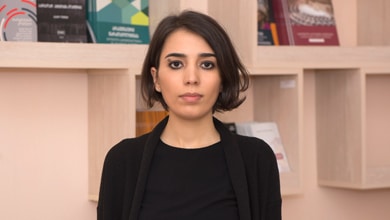
Tamta Mikeladze from the “Social Justice Center”:
“The dispersal of rallies, cases of police and special forces violence, organized discreditation, violence against individuals directly show that the goal of this bill is not transparency, as claimed by the “Georgian Dream,” but the destruction of a critically-minded, self-organized, and active civil society.
“Georgian Dream” has managed to fully consolidate power. It controls all state institutions and the church. Only civil society has managed to maintain its autonomy.
In the end, it turned out that civil society is not only about organizations. It has proven to be highly self-organized. Citizens, youth, students, mothers, women, various groups organize and fight for Georgia’s democratic future completely autonomously, without a leader. The authorities’ goal is to weaken this civil self-organization so that mass protests cease.
This is a war against its own people. The “party of peace,” as they called themselves, has become a declared party of war. The only force remaining for the “Georgian Dream” amid moral and political delegitimization is the Russian factor.
Indeed, there are concerns that the “Georgian Dream” may more openly integrate the Russian factor into its domestic politics. A demoralized, aggressive oligarch who eats up billions and feeds his subjects, while the country is doomed to poverty and migration.
I am confident that this will have unpleasant consequences.”
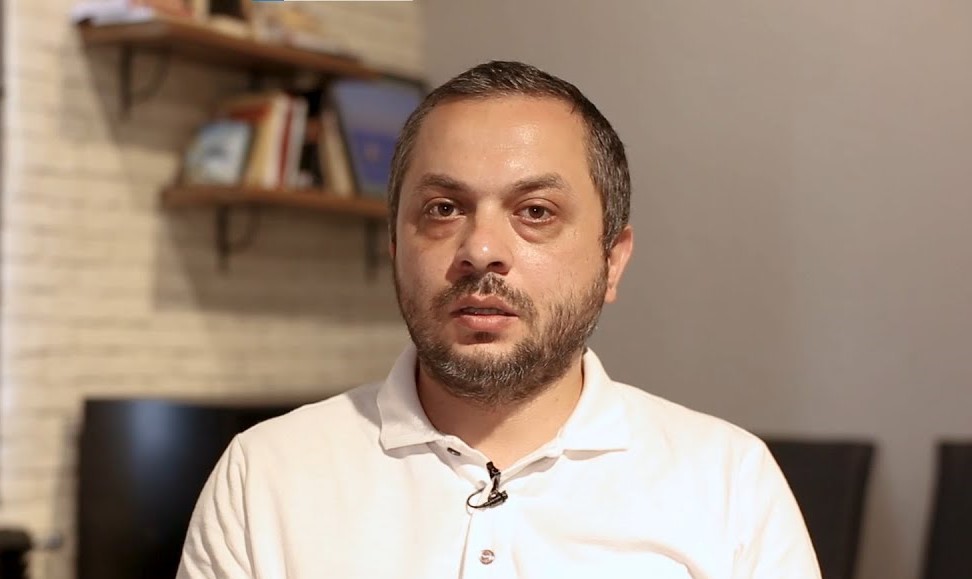
Beka Kobakhidze, a historian:
“The ‘Georgian Dream’ has struck a deal with Russia that demands incredible results in the shortest possible time. The authorities of a country where anti-Russian and pro-Western sentiments exceed 80 percent want to turn to Russia. At the same time, they must secure a constitutional majority through elections to later proclaim neutrality and exclude Euro-Atlantic aspirations from the constitution. This cannot be done without violence.
Therefore, the government has a four-point plan: to pass the “foreign agents” bill through fear and terror. Then – continue terror so that protest actions are no longer held. After that, they will start arresting people one by one; they have already announced that lists will be compiled. And then, on this cleared field, they will peacefully hold elections [parliamentary elections in Georgia are scheduled for October 2024 – JAMnews].
- “Building a database of violent individuals,”- the speaker of Georgian Parliament
- “The statements made by the ruling party in Georgia amount to a rejection of NATO and the EU.” Opinion
According to these four points, they want to formalize an authoritarian regime in Georgia and achieve a result that will facilitate their commitments to Russia.
This is their plan. But this plan is based on a single calculation – that we will be afraid. However, if people do not fear and take to the streets, this plan will fail, and I think it will”.
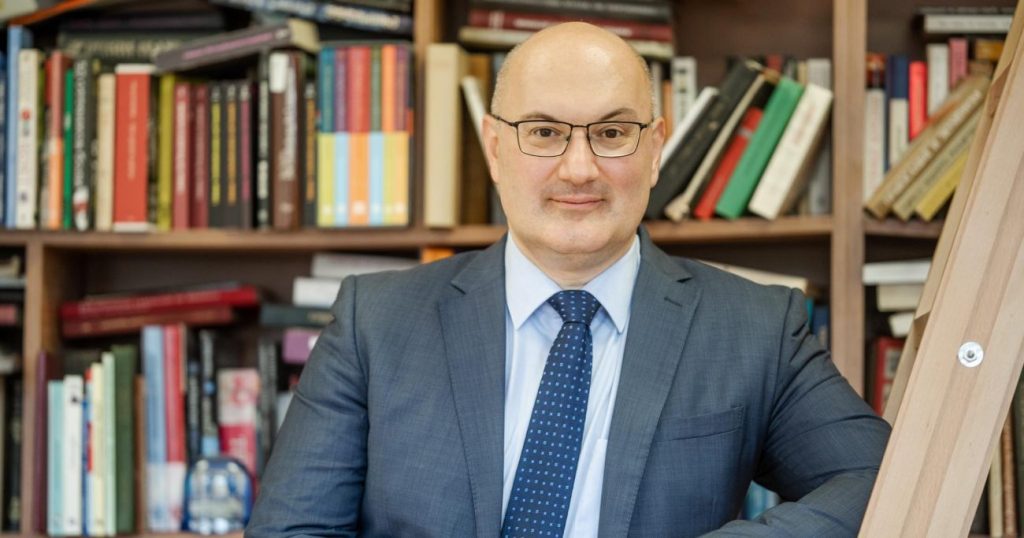
Giga Zedania, a philosopher:
“It is absolutely obvious that the government is trying to use any means to maintain power – including changing the country’s foreign course, as well as maximum repression against representatives of opposition parties and citizens.
The aim of this intimidation is to soften the accusations of the opposition, but we must take into account that this is the first government facing such a problem. If these methods could solve problems, many other governments would have done the same. This is not a sustainable method for solving problems for either the country or even the government itself.”
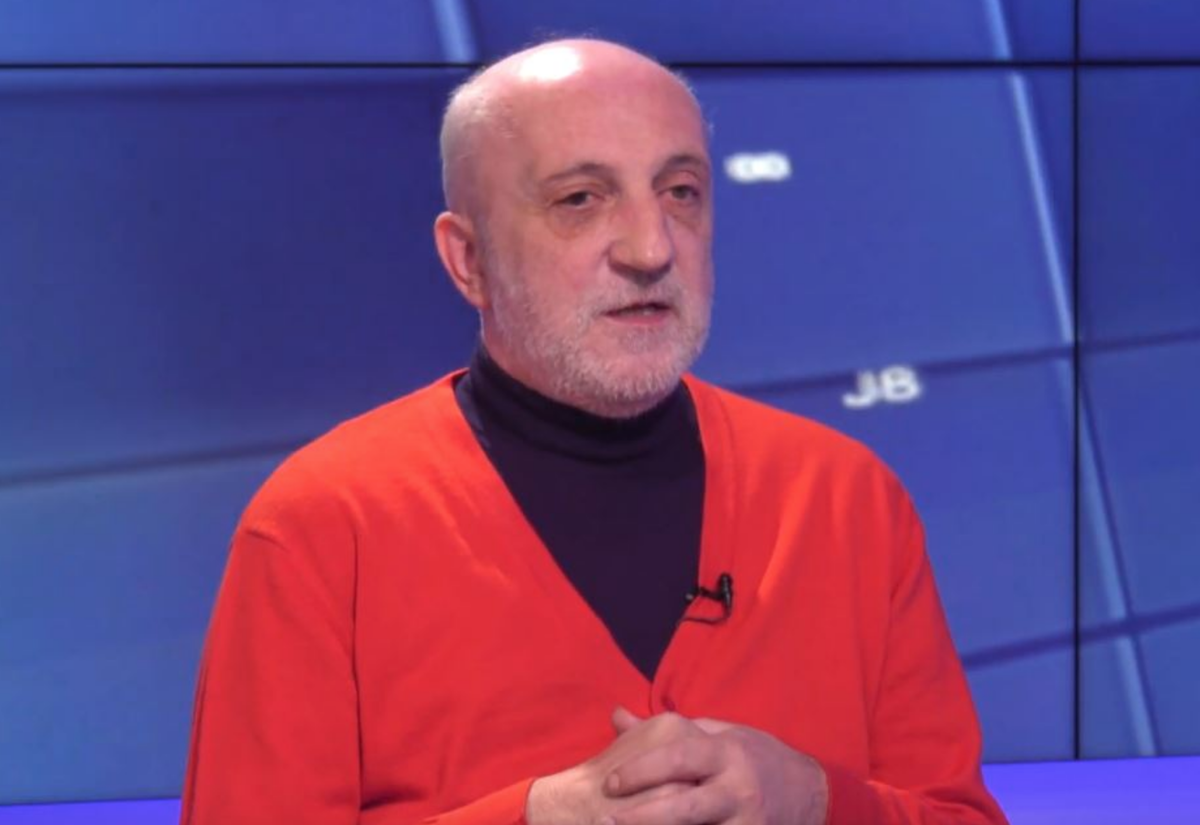
Gia Khukhashvili, a political analyst:
“This is synchronization with what is happening in Russia. There is a well-founded suspicion that Georgia is being governed from the Kremlin. This is no longer imitation but action directly following the instructions for establishing a totalitarian regime, as in Russia.
But this government does not have the resources to create the system that exists in Russia.
They want to sow fear in society. There are different types of fear, but the biggest fear is the fear of what will happen tomorrow if society turns a blind eye today.
We must understand that the power lies in the people, and it is impossible to defeat the people.”
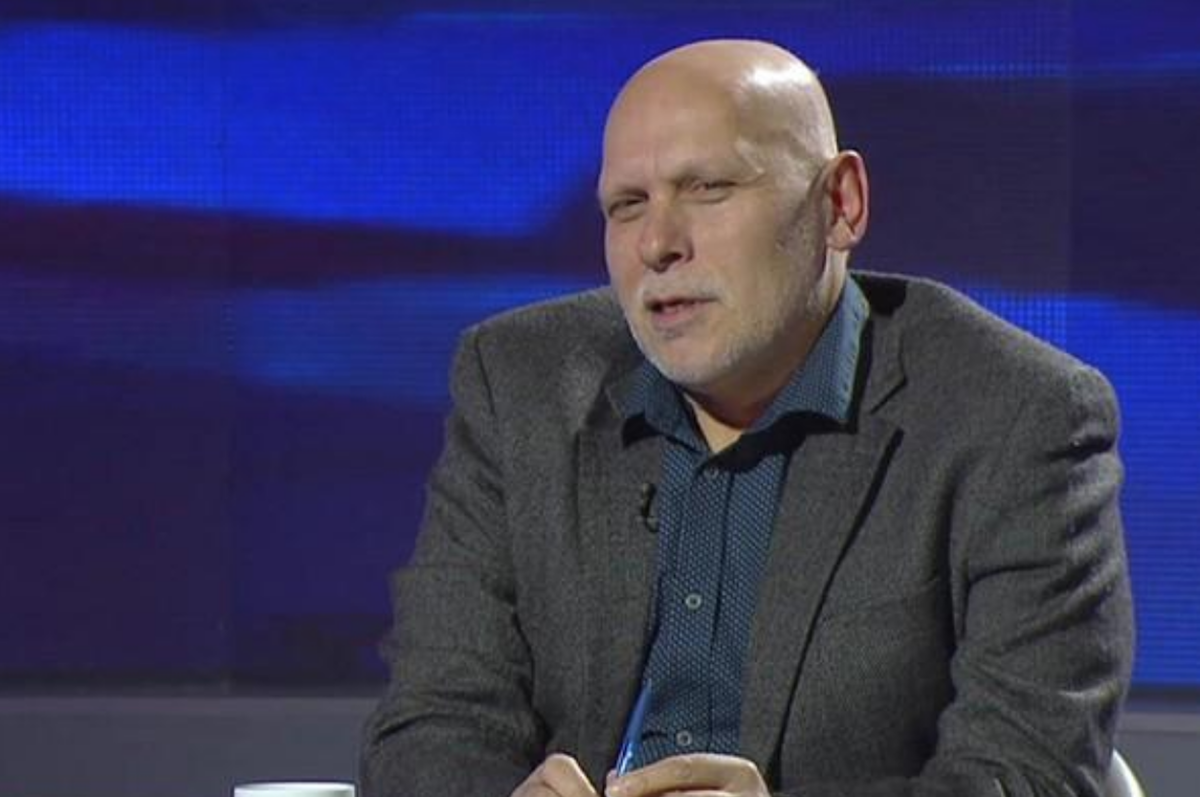
Iago Kachkachishvili, a sociologist:
“This is the banal logic of authoritarianism, the logic of maintaining power by authoritarian means. This is how authoritarian leaders behave when they want to retain power at any cost. When the government no longer has natural support, when it cannot remain in power through democratic means, it resorts to psychological and physical terror.
To maintain power, the government declares anyone who stands against authoritarianism as an enemy. This includes primarily the European Union, Western institutions, followed by civil society organizations and critical media.
Accordingly, the attack is directed towards Europe and the two great pillars of democracy in the country. None of them support the government and they threaten its authoritarianism.
We are now witnessing a complete turn towards authoritarianism.”










